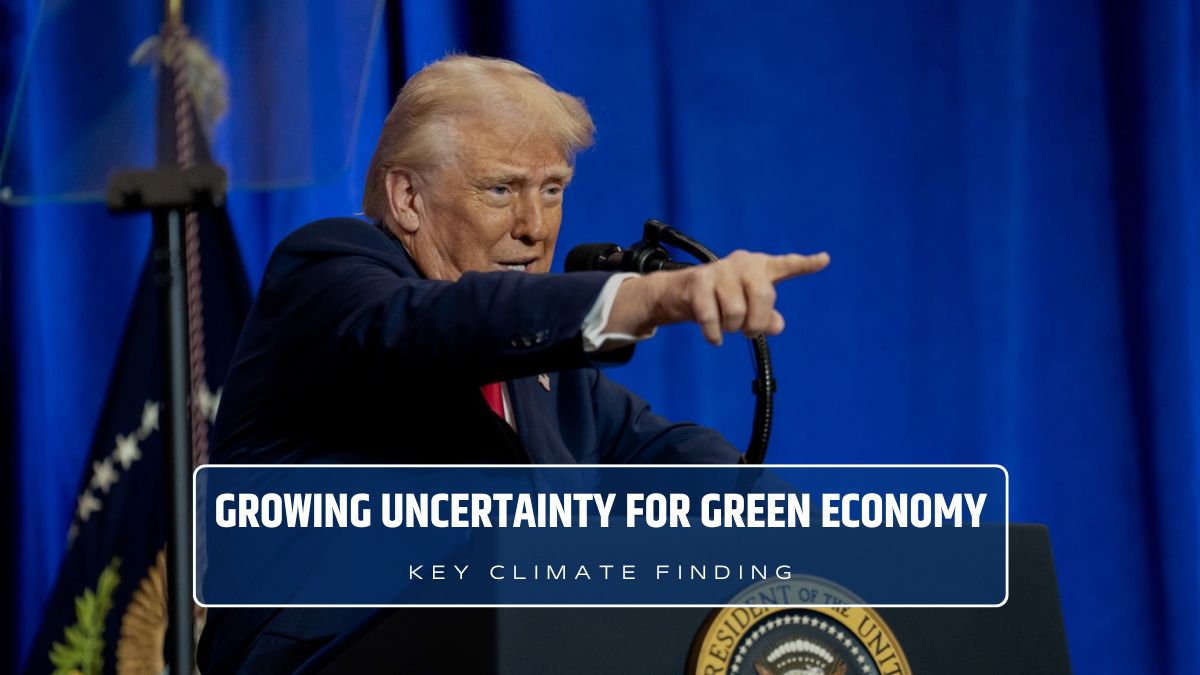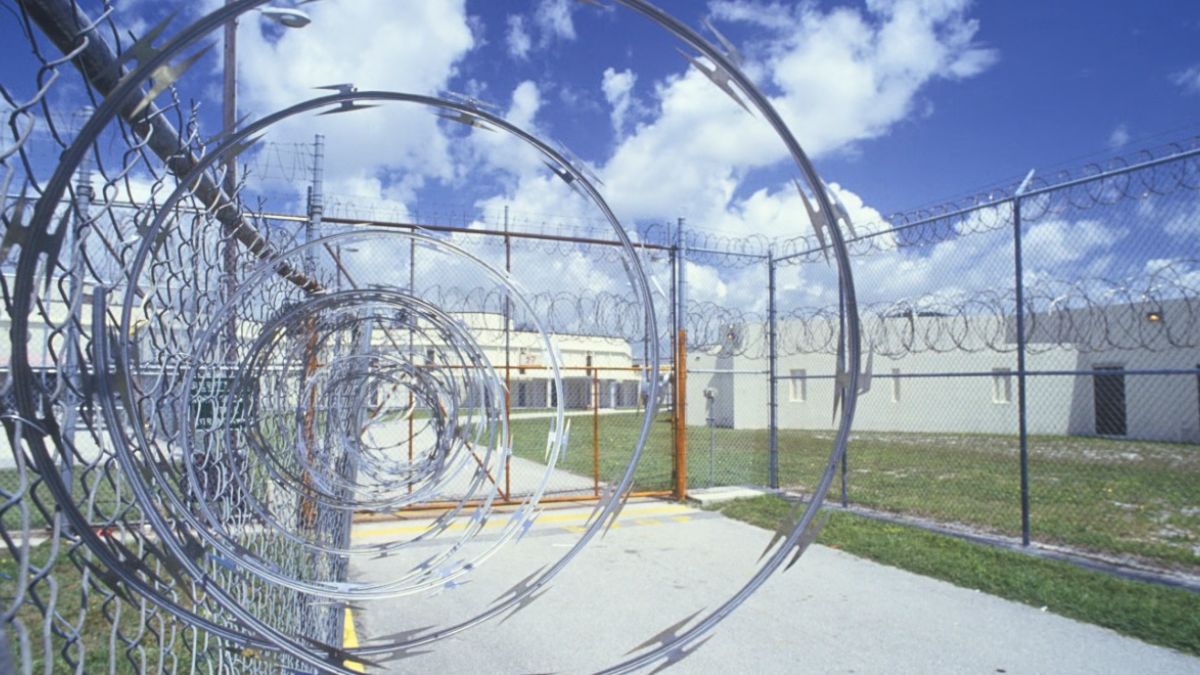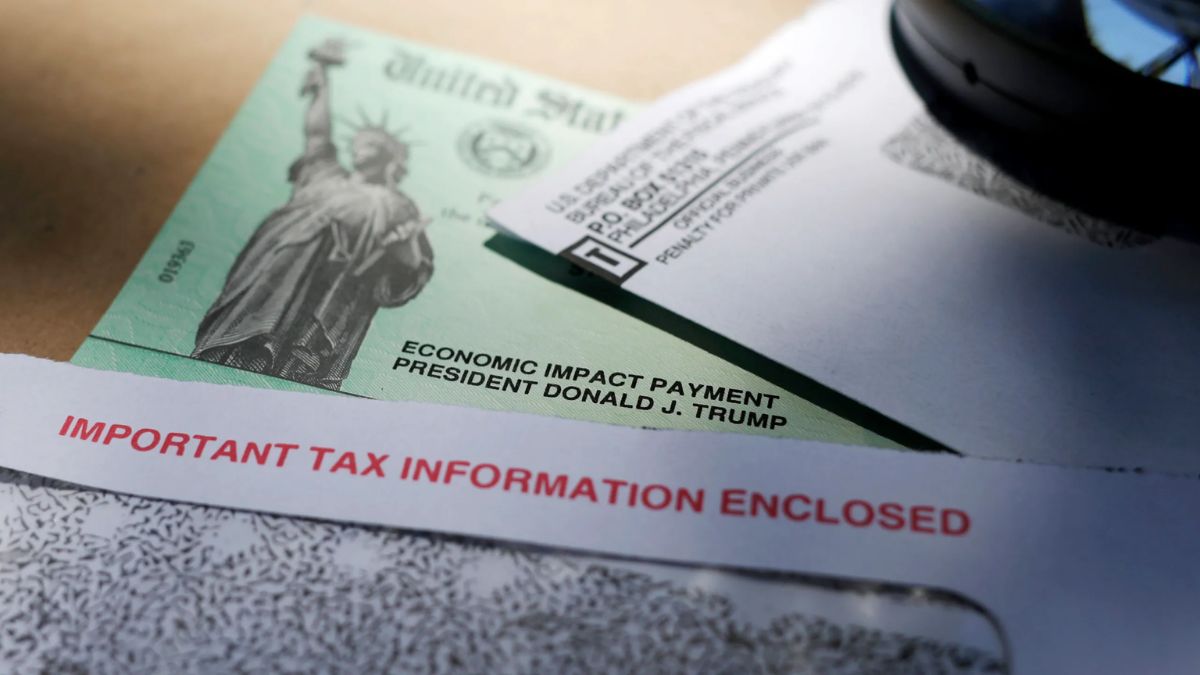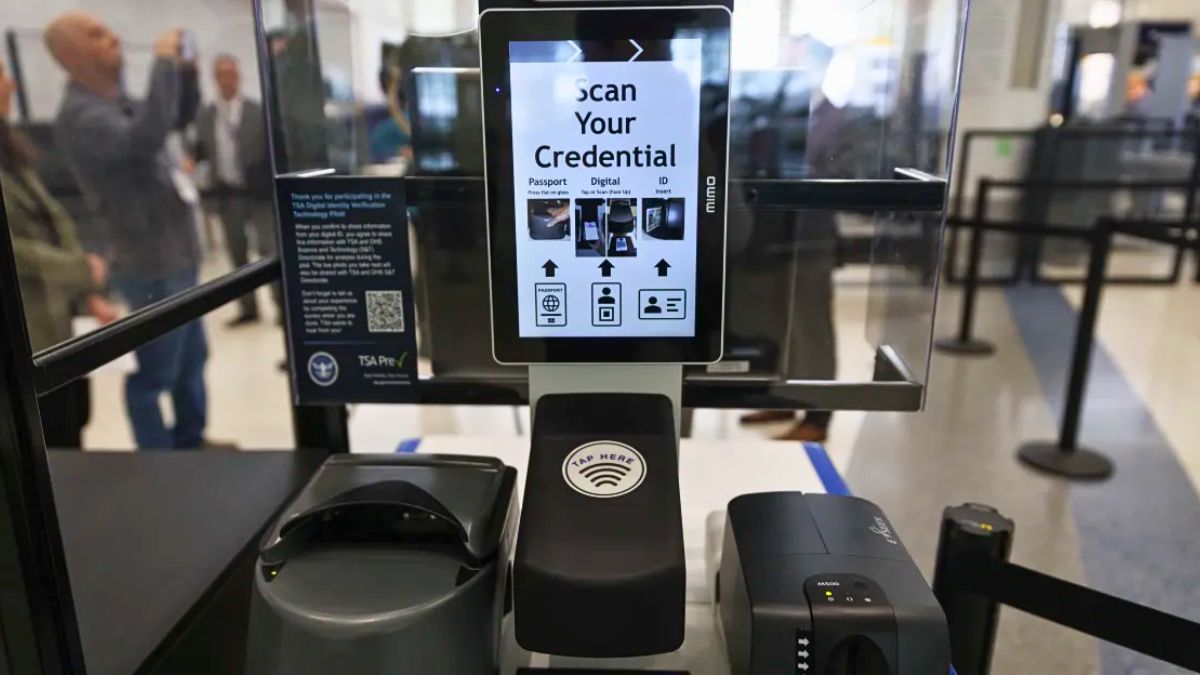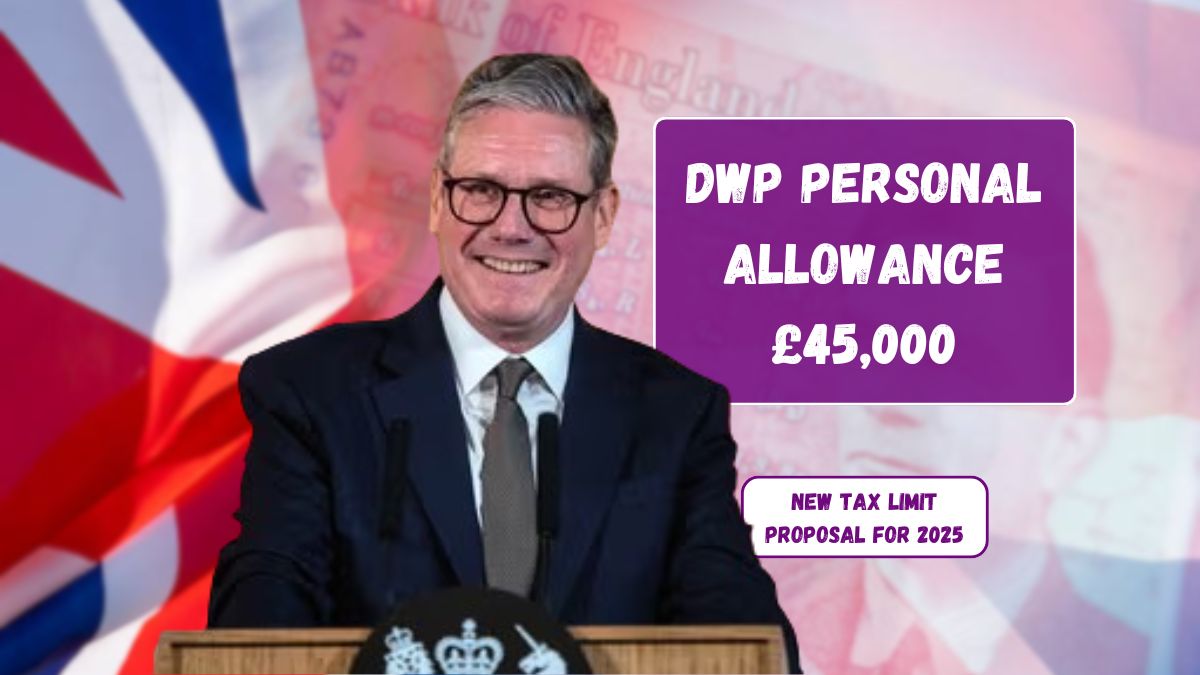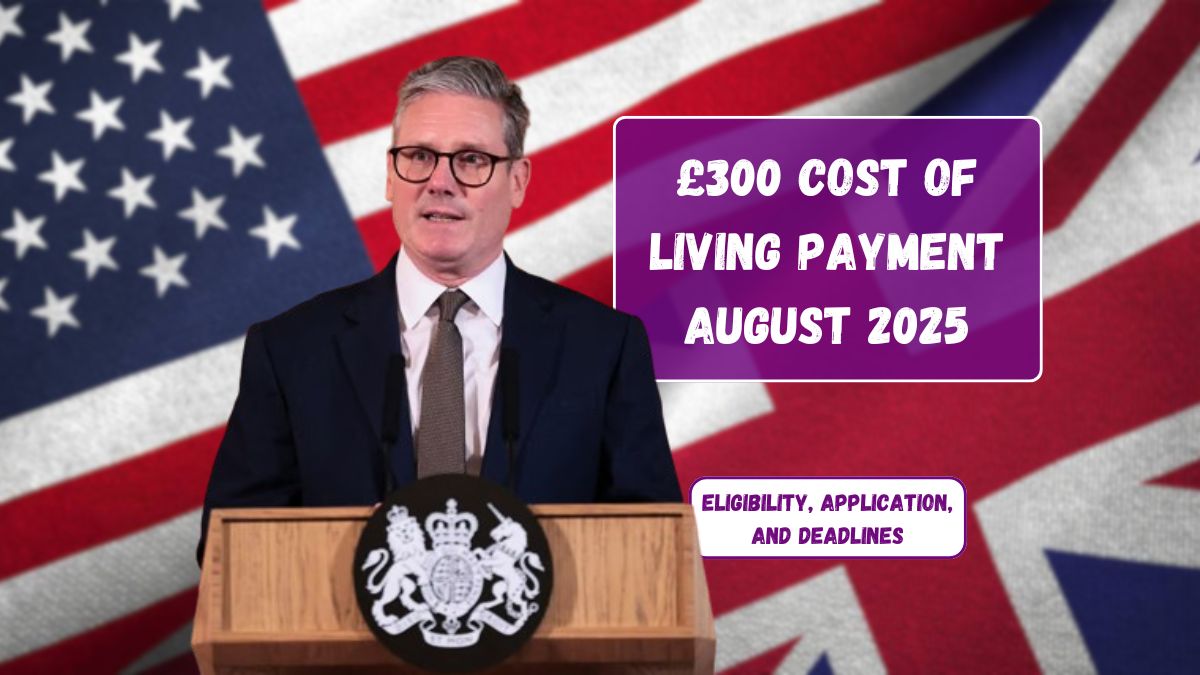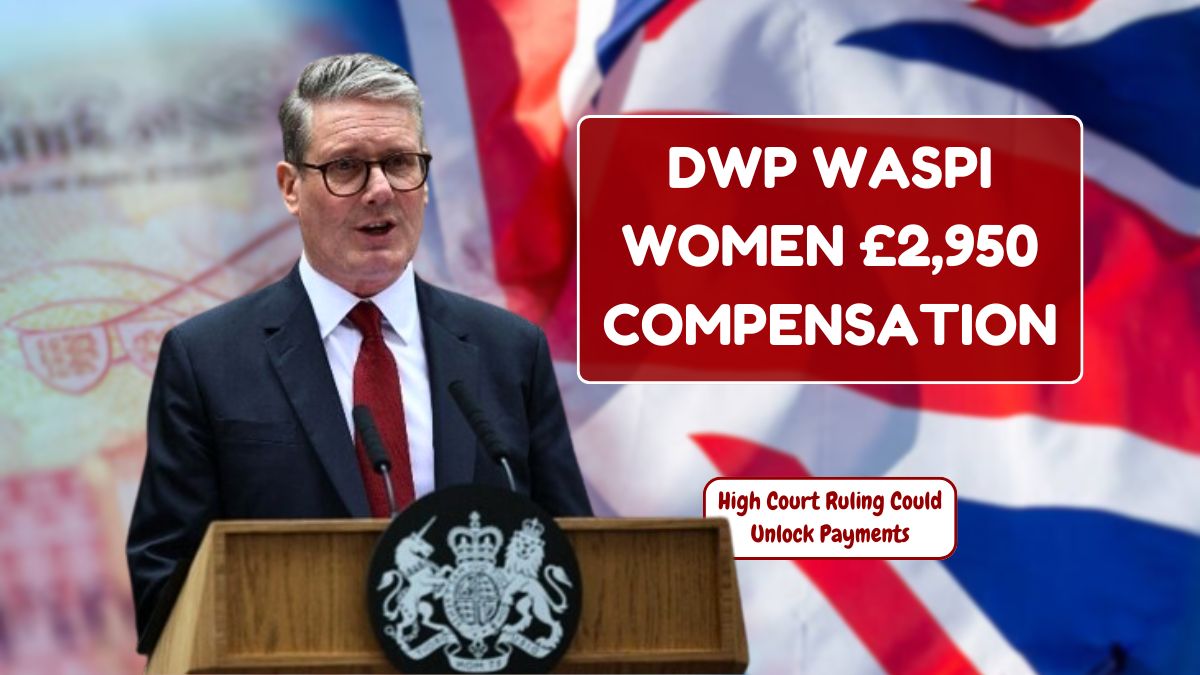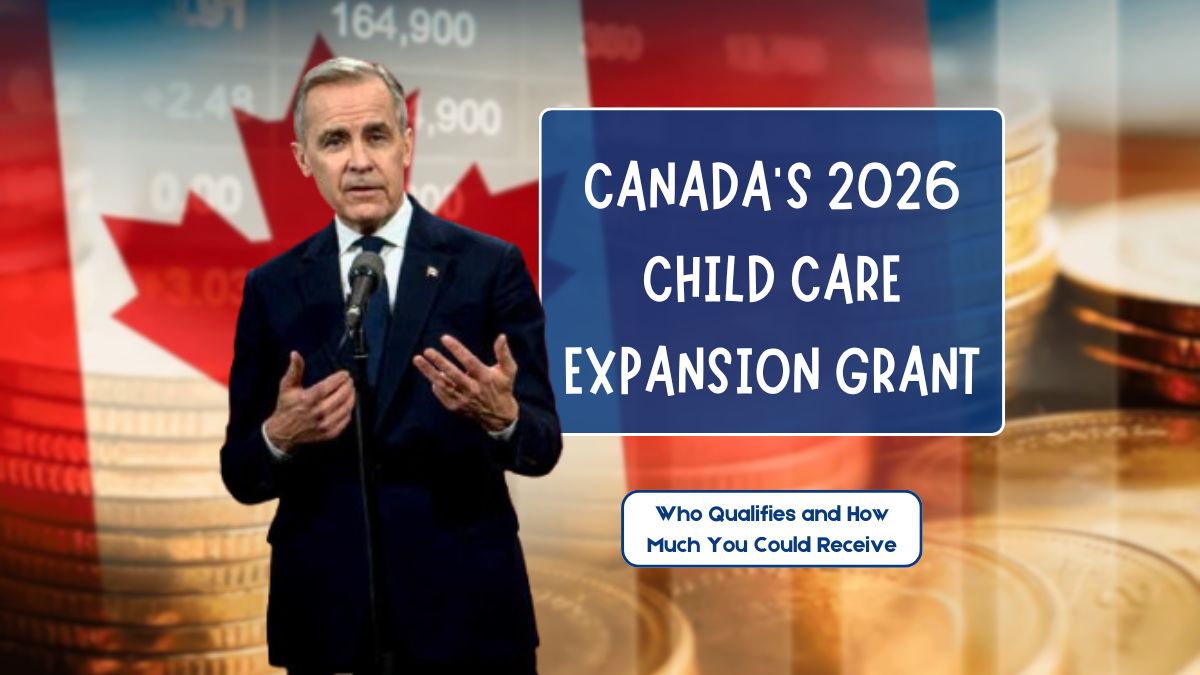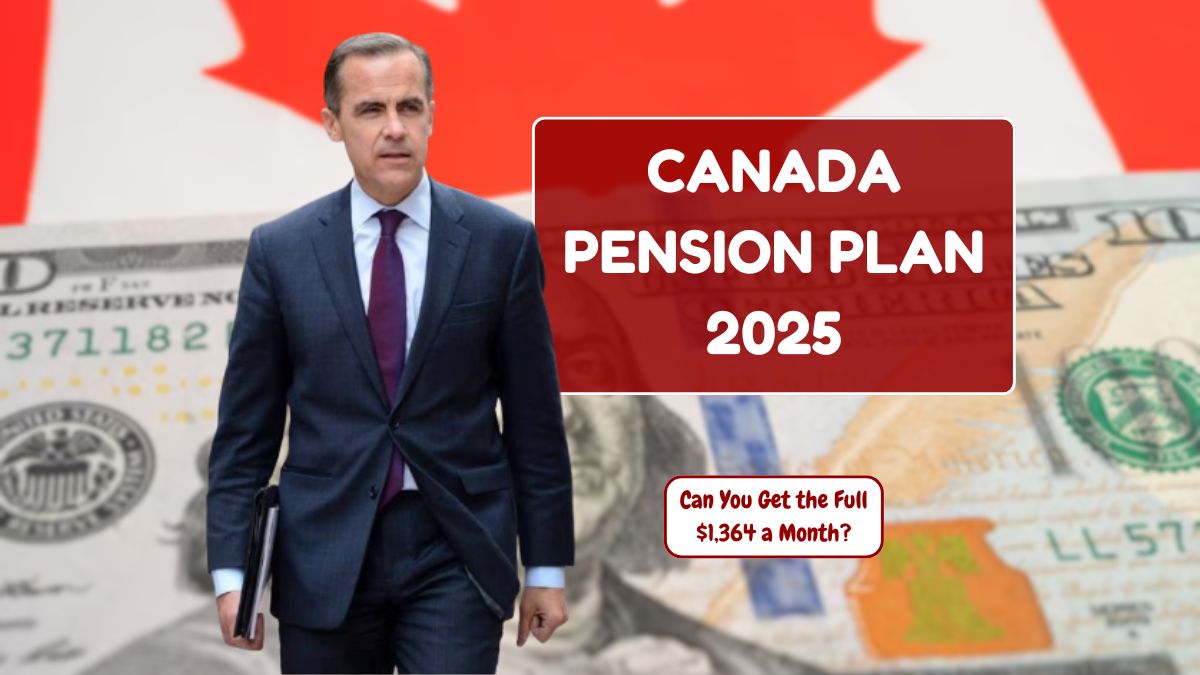The Trump administration says its latest move to scrap climate regulations will save businesses billions—but many in the private sector aren’t so sure. On Tuesday, the Environmental Protection Agency (EPA) announced a sweeping plan to revoke the legal basis for greenhouse gas regulation by repealing the long-standing endangerment finding. This key policy, in place since 2009, formally recognized that greenhouse gas emissions harm human health and laid the groundwork for federal climate rules.
Now, by tearing it down, the administration hopes to cut $52 billion in compliance costs. But some automakers, utilities, and manufacturers fear the decision may backfire—leading to legal chaos, state-by-state patchworks of climate rules, and a massive wave of uncertainty for industries that have already invested heavily in emissions compliance.
Uncertainty
For many companies, the timing couldn’t be worse. Over the past decade, firms have spent billions updating operations to align with federal emissions rules. That includes car manufacturers who’ve upgraded vehicle fleets and factories, often under pressure from shareholders demanding climate responsibility.
Meghan Greenfield, a partner at Jenner & Block and former EPA counsel, said the sudden push to remove these standards puts industries in a tough spot. The stability of federal regulations, she explained, is what allows companies to plan ahead. Scrapping those baselines now introduces risk—both regulatory and financial.
Patchwork
One of the biggest fears? A fragmented system where states each enforce their own climate policies. Zach Pilchen, senior counsel at Holland & Knight, said removing the federal framework could throw companies into a maze of inconsistent and overlapping state rules.
This patchwork scenario is something many in the industry hoped to avoid. While some did push for lighter regulation, most weren’t asking for a full repeal of the endangerment finding—a legal foundation that supports uniformity across the country.
Retrofitted
According to Columbia law professor Camille Pannu, the administration seems to have misread the room. Yes, industries sought flexibility. But they didn’t want to rewrite climate law in a way that creates chaos. Most large firms already invested in upgrades to meet the old standards. Unraveling them now doesn’t offer savings—it risks wasted investments and tangled compliance headaches.
The proposal also goes further than many expected. According to sources in the auto industry, the EPA isn’t just targeting tailpipe emissions. It’s also proposing to end rules on air conditioning efficiency, battery monitoring, and battery durability—just as electric vehicles are taking off in the U.S. market.
Backlash
Albert Gore of the Zero Emission Transportation Association noted the irony: the proposed rollback comes right when “clean” car sales are rising, and EV investments are booming. In fact, the Environmental Defense Fund reports nearly $200 billion in announced investments in U.S. EV and battery plants over the last decade.
Gore warned that this move injects instability into a market that was gaining momentum. It unsettles manufacturers, consumers, and markets alike—just as the industry shifts toward electrification.
Industry Response
So far, reactions from trade groups have been cautious. Most say they’re reviewing the proposal before weighing in. But some clues show growing concern.
The Edison Electric Institute (EEI), which represents utility companies, emphasized the need for clear and consistent policy. EEI pointed out that electric utilities have been cutting emissions steadily and need regulatory predictability to continue that progress.
EEI had even sided with the EPA in a 2022 Supreme Court case defending its authority to regulate emissions from power plants. The group warned at the time that removing federal oversight could expose companies to rulings from individual judges, creating nationwide unpredictability.
While the American Petroleum Institute and trucking associations welcomed the repeal, the U.S. Chamber of Commerce—often aligned with conservative policy—voiced concern. Its energy president, Marty Durbin, admitted the group didn’t ask for the proposal and warned of potential disruption to businesses.
In short, what the Trump administration frames as regulatory relief could end up being a legal and economic headache for the very industries it aims to help.
FAQs
What is the endangerment finding?
It’s the EPA’s legal basis for regulating greenhouse gases.
Why is the repeal controversial?
It adds legal uncertainty and disrupts industry investments.
Which industries are affected?
Automakers, utilities, manufacturers, and energy companies.
What are companies worried about?
Facing a patchwork of inconsistent state climate laws.
Did all industries support the repeal?
No, many prefer regulatory stability over full deregulation.

